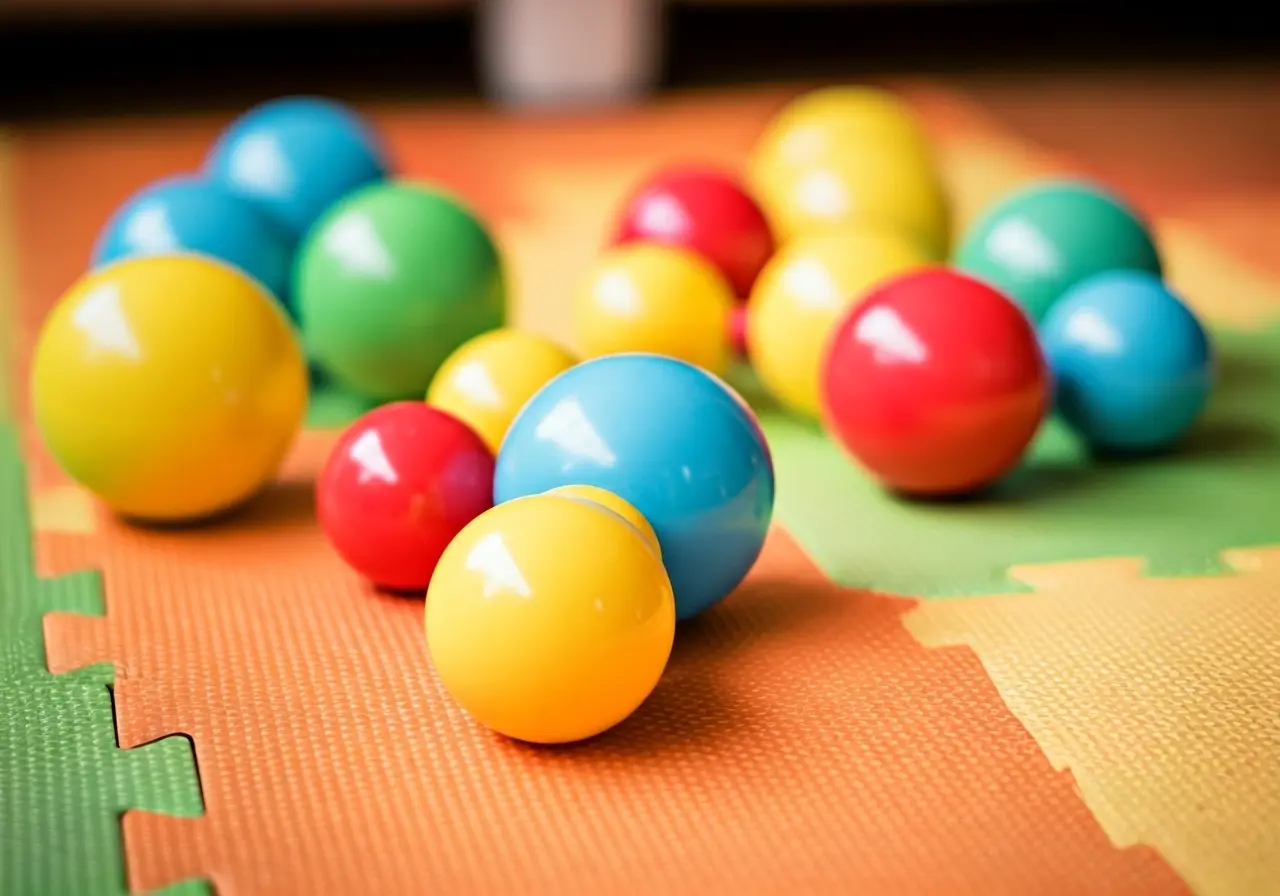Engaging your baby in play is not only fun but also essential for their development. With the right activities, you can turn your home into an exciting learning environment that stimulates your baby’s senses and supports their growth. Let’s explore how you can make the most of baby play with simple and enjoyable home activities.
Understanding the Importance of Play in Early Development
Play is critical for your baby’s cognitive, physical, and emotional growth. Through play, babies explore the world around them, develop new skills, and express themselves. Simple activities at home can significantly enhance these learning experiences.
From a cognitive perspective, play helps babies learn concepts like cause and effect, problem-solving, and decision-making. Activities like stacking blocks or sorting objects into categories teach them about spatial relationships and categorization. Emotionally, play allows babies to experience joy and frustration, helping them learn how to express and manage their emotions. Moreover, as they play, they build physical skills, such as crawling, walking, and eventually running. These activities not only support individual growth but also form a foundation for future learning and interaction.
Creating a Safe and Stimulating Play Environment
To maximize your baby’s playtime, ensure their play area is safe and full of stimulating elements, such as soft mats, colorful toys, and sensory items. A well-arranged environment encourages exploration and offers variety in play options.
When setting up your baby’s play space, safety should always be a priority. Make sure the space is free from small objects that can pose a choking hazard and secure any furniture that could easily tip over. Use baby gates where necessary to create boundaries that allow your baby to explore freely and safely. Incorporate different textures, shapes, and colors within their reach—think about having plush toys, colorful blocks, or musical instruments. Incorporating nature in the playroom can also be beneficial; for example, setting up a window view or including safe-to-touch plants can enrich a baby’s sensory experiences.
Simple Sensory Activities You Can Do at Home
Sensory play is a wonderful way to engage your baby’s senses and stimulate their brain development. Activities such as exploring different textures, sounds, and colors can be easily set up using household items.
A simple sensory bottle, made by filling a plastic bottle with water and various objects like glitter, beads, or small toys, can keep babies entertained for hours. You can also spread some rice or beans in a shallow tray and let your baby feel the grains moving through their fingers, which enhances their tactile sensations. For auditory stimulation, try filling a container with different materials like sand, rice, or beans and let your baby shake it to produce different sounds. Encouraging your baby to engage in these activities on a daily basis can enhance their fine motor skills and foster curiosity and discovery.
The Power of Music and Movement
Incorporating music and movement into playtime can enhance your baby’s motor skills and auditory development. Simple activities like dancing together or playing with musical instruments can be both enjoyable and beneficial.
Music has a magical way of capturing a baby’s attention and facilitating learning. By listening to different rhythms and melodies, babies can improve their listening skills and learn to differentiate between sounds. Consider creating a dedicated music time where both you and your baby can sing along to nursery rhymes or play with simple instruments like maracas or a xylophone. Integrating movement with music also encourages physical activity. Dancing with your baby, even if it’s just swaying side to side, supports their balance and coordination. These experiences not only stimulate physical growth but also nurture emotional connections as music and movement offer a shared joyful experience.
Bonding Through Interactive Play
Interactive play, such as peek-a-boo or reading together, strengthens the bond between you and your baby. These moments not only provide comfort and security but also support language development and social skills.
Through interactive play, babies learn the basics of communication, including turn-taking and vocalization. Engaging in interactive storytelling can boost a baby’s imagination and introduce them to the nuances of language and expression. Games like peek-a-boo not only delight babies but also teach them about object permanence, helping them understand that objects and people still exist even when out of sight. Such bonding activities foster a sense of security, making babies more confident to explore and learn about their surroundings. Furthermore, the trust built during these moments lays the groundwork for healthy future relationships and social interactions.
Creating Lasting Memories Through Simple Play
By incorporating these simple home activities into your baby’s daily routine, you nurture their development while creating fun and meaningful moments together. Remember, the goal is to connect, explore, and enjoy this special time with your little one.






















































































